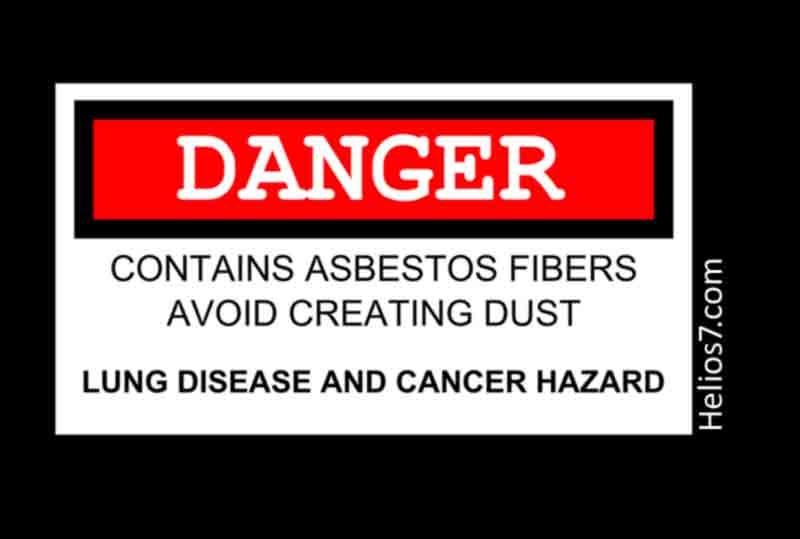How to Find Mesothelioma Lawyers in Illinois
If you are a victim of Asbestos Exposure in Illinois then you should consult with you Illinois Mesothelioma Lawyer for a free legal consultation.

How to Find Illinois Mesothelioma Attorneys?
Mesothelioma is the rarest type of cancer that forms in the lining of the lungs and the abdominal cavity, also known as the mesothelium.
Mesothelioma is directly associated with asbestos since it is considered as the predominant cause of the disease.
Exposure to asbestos, especially when work-related, causes the greatest risk of developing mesothelioma cancer.
Mesothelioma Lawsuits in Illinois
Unlike other forms of cancer that affect the lungs, mesothelioma is not connected with the use of tobacco products. Mesothelioma is mostly caused by the inhalation or ingestion of asbestos particles, which causes scars to form on the mesothelium walls of the lungs, the abdominal cavity, and sometimes the lining of the heart, pericardium. Over time, damage done to asbestos fiber organs can manifest in cancer, mimicking the symptoms of similar lung diseases and cancer. You should consult with Mesothelioma Law Firm in Illinois if you are a victim of mesothelioma.
What are the Symptoms of Mesothelioma Cancer?
The symptoms associated with mesothelioma cancer often turn out to be very misleading.
A cough, chest and abdominal pain, fatigue, anemia and shortness of breath are the most common symptoms or symptoms of mesothelioma cancer, although they are also common symptoms of other diseases.
However, the symptoms turn out to be more important if such symptoms are exhibited by an individual who works or is exposed to asbestos on a constant basis. If these symptoms are present, it is important to seek medical help or advice to determine if such exposure to asbestos has led to the development of mesothelioma.
Mesothelioma Compensation Claims in Illinois
For many decades, mesothelioma has been the source of several lawsuits and lawsuits in the United States. As more and more cases of mesothelioma developed in the United States, the relationship with asbestos as the main causative factor became more evident and established.
Due to various jobs puts workers in direct contact or exposure to the material, many people are seeking legal remedies and compensation as a result. Exposure to asbestos over a long period was determined as the main cause of mesothelioma, causing many workers to develop the disease as a result of professions.
The first lawsuit related to asbestos in the United States was filed in 1929, despite the claims on asbestos and mesothelioma became more important after the 1960s, after studies showed the correlation between exposure to asbestos and mesothelioma.
The issue remains relevant today, with mesothelioma lawsuits still being filed in regards to asbestos exposure. People who have developed or symptoms associated with mesothelioma or have been diagnosed with the disease may have the possibility to seek legal action and compensation, especially if those people have been exposed to asbestos through their profession or employment.
Consulting with best mesothelioma lawyers or asbestos attorneys is recommended to determine the feasibility of taking legal action about asbestos exposure and developing mesothelioma as a result.





